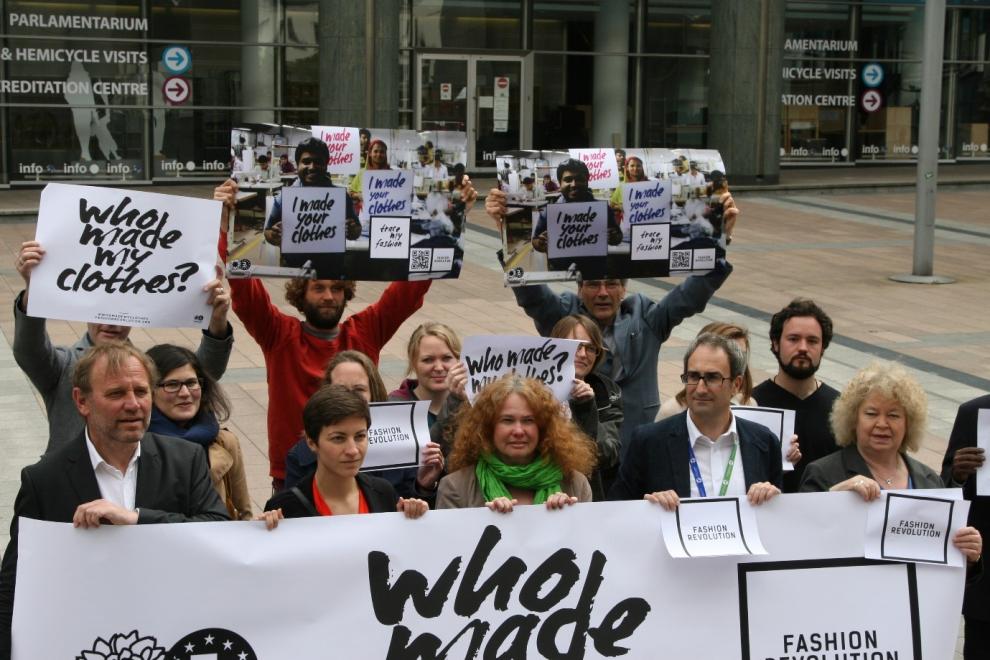Change Fashion
Fashion Revolution Week 2023

Fashion Revolution Week is an annual event that takes place in April to commemorate the Rana Plaza disaster that occurred on April 24th 2013, where a clothing factory collapsed, causing the death of 1,134 people and injuring more than 2,500 others. This tragic event highlighted the lack of safety and security standards in the fashion industry. Many fast fashion brands sourced their products from this factory and had to perform damage control to improve their public image.
In response to the Rana Plaza disaster, designers, producers, policymakers, and consumers founded Fashion Revolution, a UK-based non-profit organisation that aims to raise awareness of the current situation in the fashion industry and empower consumers to make informed purchasing decisions based on their values. The organisation also advocates for transparency in the industry by calling on brands and governments to sign agreements and pass laws that protect garment workers.
Fashion Revolution Week every year involves individuals worldwide joining in by turning their clothing inside out to display the label and posting the question #whomademyclothes to the brands on social media. Brands that disclose information about their production processes and supply chain get positive attention from consumers. The ultimate goal of Fashion Revolution Week is to ensure that garment workers are treated fairly and that the fashion industry becomes more sustainable and ethical.
In recent years, the Fashion Revolution has established a strong connection with fair trade, which advocates for fair wages, safe working conditions, and the protection of workers' human rights. In particular, the organisation has emphasised the use of fairtrade cotton, which ensures that farmers receive a fair price for their cotton and promotes sustainable farming practices. By promoting fair trade principles and using fairtrade cotton, Fashion Revolution aims to transform the fashion industry and create a more equitable and sustainable future for both the workers and the environment.
What can we do?
Clothing labelled as fair is often more expensive than not certified clothing. But we can have look for second hand clothing. Also cloth swapping with friends or on cloth swapping events is an option.
By Somaya Ahmadian
